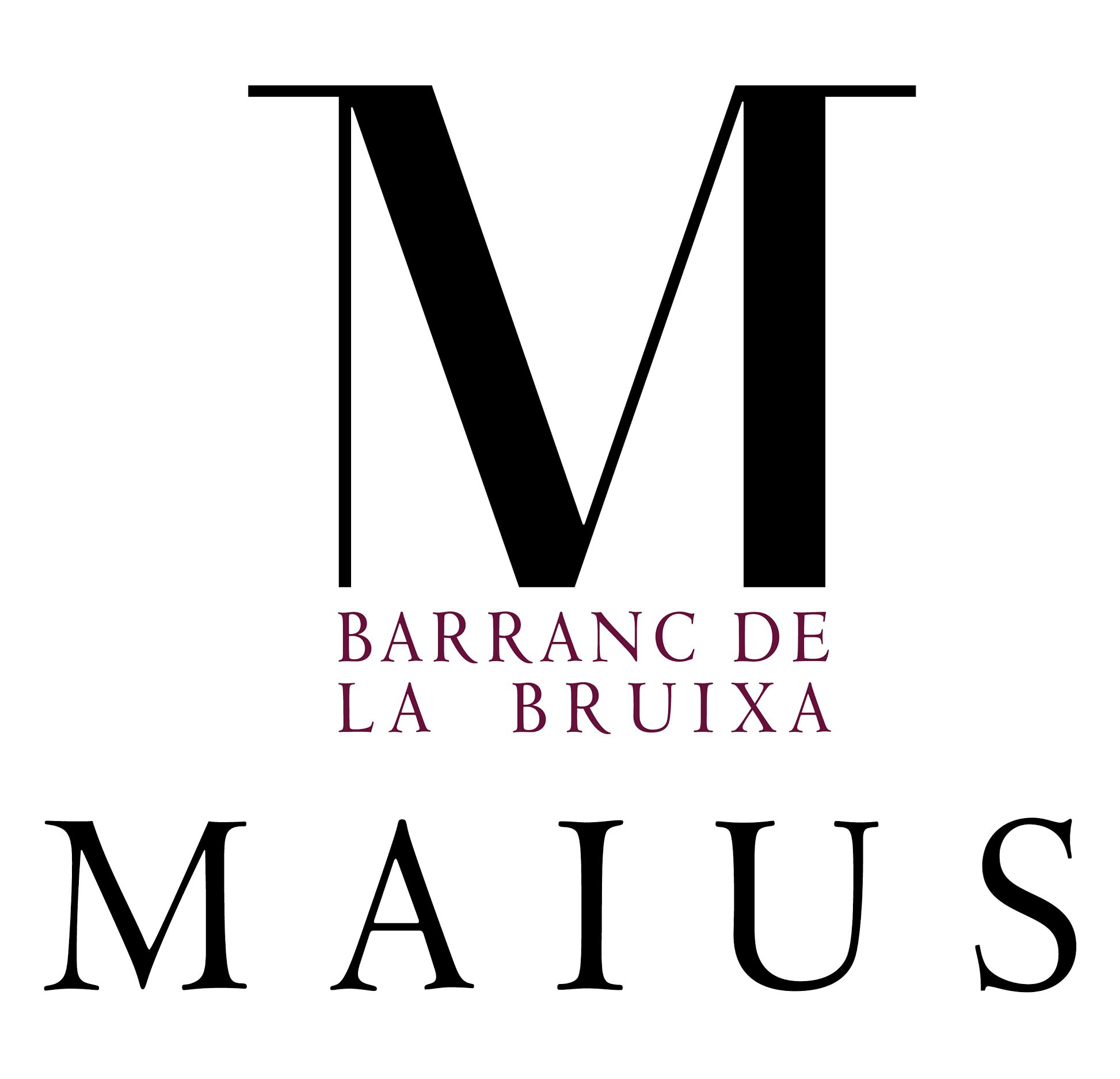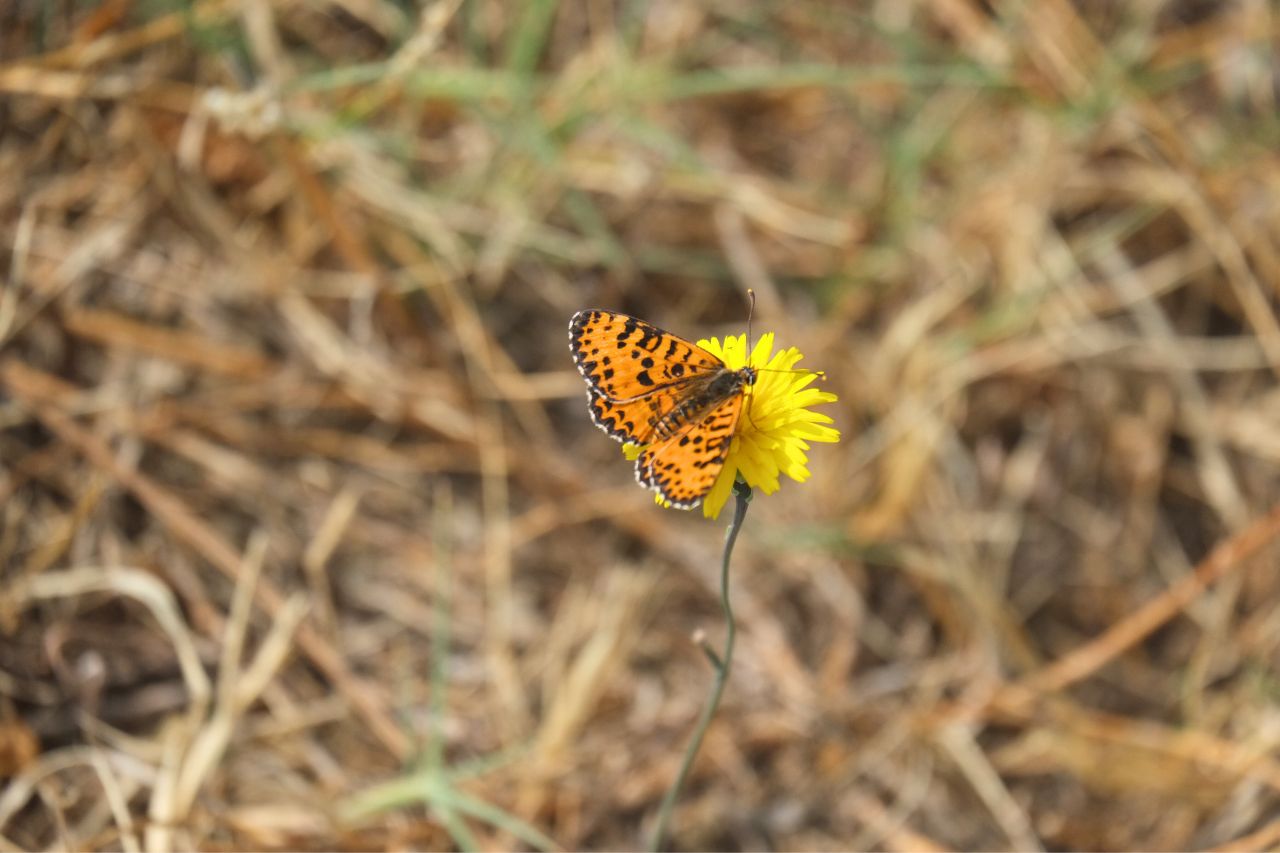For years, the wine industry has increasingly incorporated more sustainable practices with the aim of offering more environmentally friendly products. This trend began to form in the 90s, but it was not until 2000 and the 2010s that it was consolidated and institutionalized, becoming a key and essential value for many wine companies. Today, sustainability is no longer just a trend, but a necessity to face climate change and guarantee the long-term viability of the sector.
Organic viticulture
Organic viticulture, as in the case of Maius Viticultors, is a sustainable practice in terms of cultivation, which promotes natural and organic agricultural techniques, such as soil fertilization through compost and green manures, pest and disease control through the prevention or use of pesticides permitted by organic production, and organic production.
This is the most widespread sustainable practice in Catalonia, where 51.2% of the vineyard is ecologically grown, thus being one of the Spanish communities with a greater proportion of organic viticulture. Other methods of sustainable viticulture are integrated viticulture, biodynamic, regenerative, precision and holistic viticulture.
Beyond cultivation
However, the fight for sustainability is not limited to cultivation, but its practice also extends to the other phases of production. In the winery, efficient water and energy management is sought. As for the bottling and distribution, recycled materials and FSC-certified caps are used, which guarantee the sustainable origin of the cork. On the social and economic level, sustainability certificates can be obtained, ensuring appropriate conditions for workers and promoting sustainable wine tourism practices.

